Spanish is a language spoken by 580 million people, 483 million of them are native speakers and although we know that the highest concentration is in the American continent, there is an African country where Spanish is the official language: Equatorial Guinea.
Having been a Spanish colony until 1968, Equatorial Guinea is the only country on the African continent where Spanish is officially spoken, approximately 87% of the population speaks it, which makes it the only Spanish-speaking country in the world with a majority Afro-descendant population. A curious fact about Equatorial Guinea is that its capital was Buenos Aires during el Virreinato del río de La Plata in 1776.
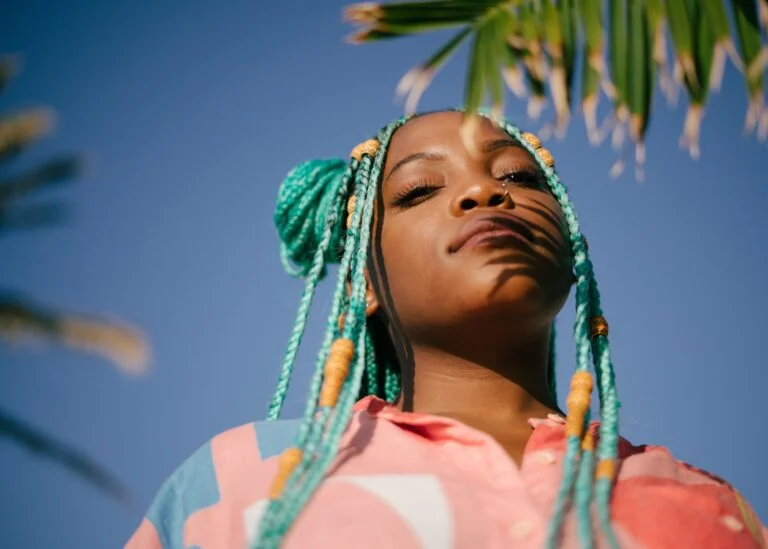
Beside Spanish, French and Portuguese, Equatorial Guinea also has a number of native languages that basically come from the Western Bantu stock. The most widely spoken are Fang, Bubi, Ndowé and Bisió or Bujeba. However, Spanish, being the only official language, is considered the language of communication among the people of the African country, and is considered the language of religion, of the media and the one used to communicate in the street.
Due to the circumstances in which Spanish has arrived in Equatorial Guinea, the variety of native languages that nuance it and the diversity of sociolinguistic environments in which the language is used, Equatoguinean Spanish combines the typical characteristics of a regional variety, a bilingual variety. In October 2013, the Government of Equatorial Guinea officially created the Equatoguinean Academy of the Spanish Language as a correspondent of the RAE (Real Academia Española). The African academy drew up statutes that were approved by the RAE, which appointed new Equatoguinean correspondents.
This is the list of these 30 words:
Noviar, malanga, brujero, apear, mangueña, acompañante, guachimán, lluvioso, mano, guagua, envuelto, chapear, bananal, boy, palmiste, manejar, flecha, beneficio, misis, tumba, malamba, grombif, abacá, lluvioso, tomar, jefe, seco, chupaflor, barajar, peluquear.
A curious fact about this place is that it took two swimmers to the Sydney Olympics in 2000. Eric Moussambani and Paula Barila Bolopa made it to the championships due to a special Olympic program that allows developing nations to participate. These athletes began practicing just months earlier in hotel pools, due to the lack of sports infrastructure in their country. Although they lost by a wide margin compared to their opponents, they earned the respect of the spectators.
As you can see, Spanish is found everywhere, with variants that enrich it and allow you to get to know and get into new cultures all the time, be in contact and meet the local people and live the experience of the country to the fullest, no matter what continent it is, so do not put off any longer this wish from your bucket list, and start learning Spanish now!
If you want to know more, here is a video about this African country .



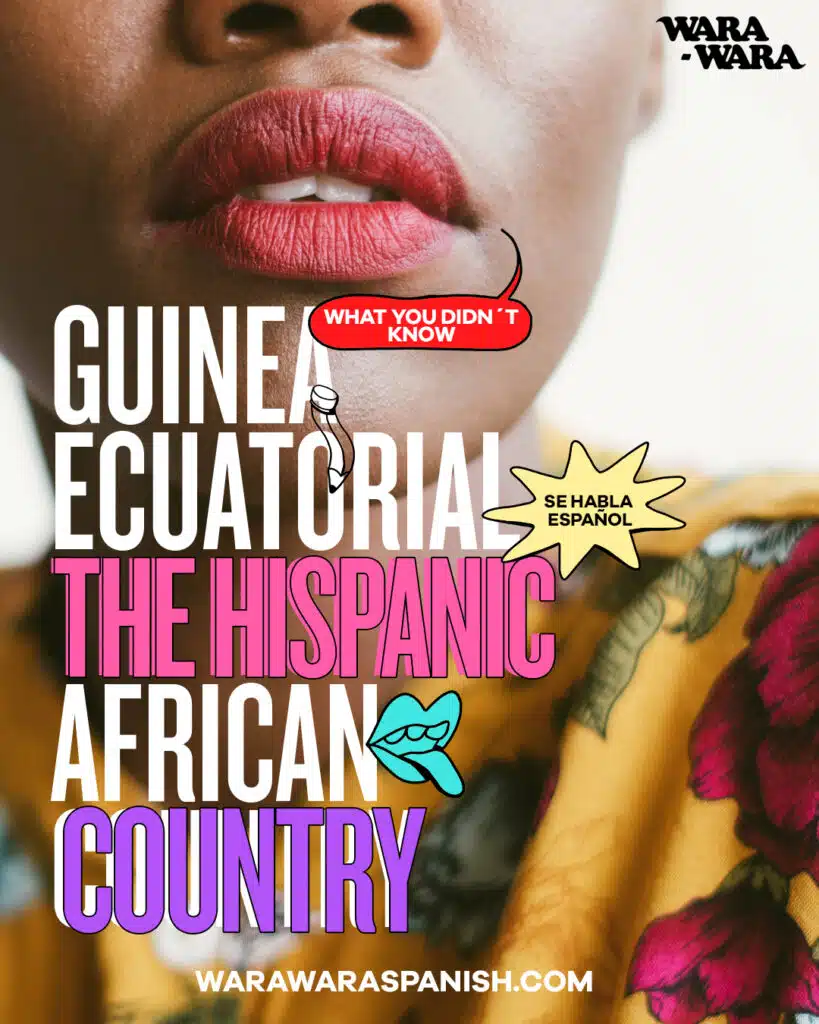

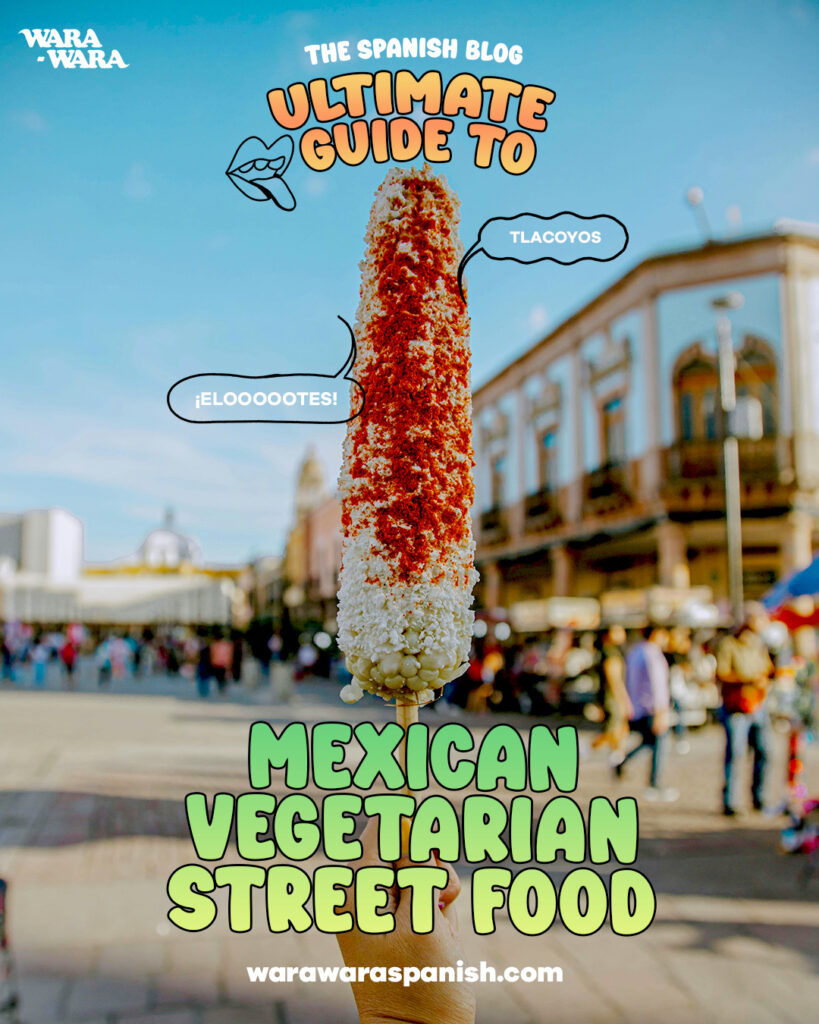
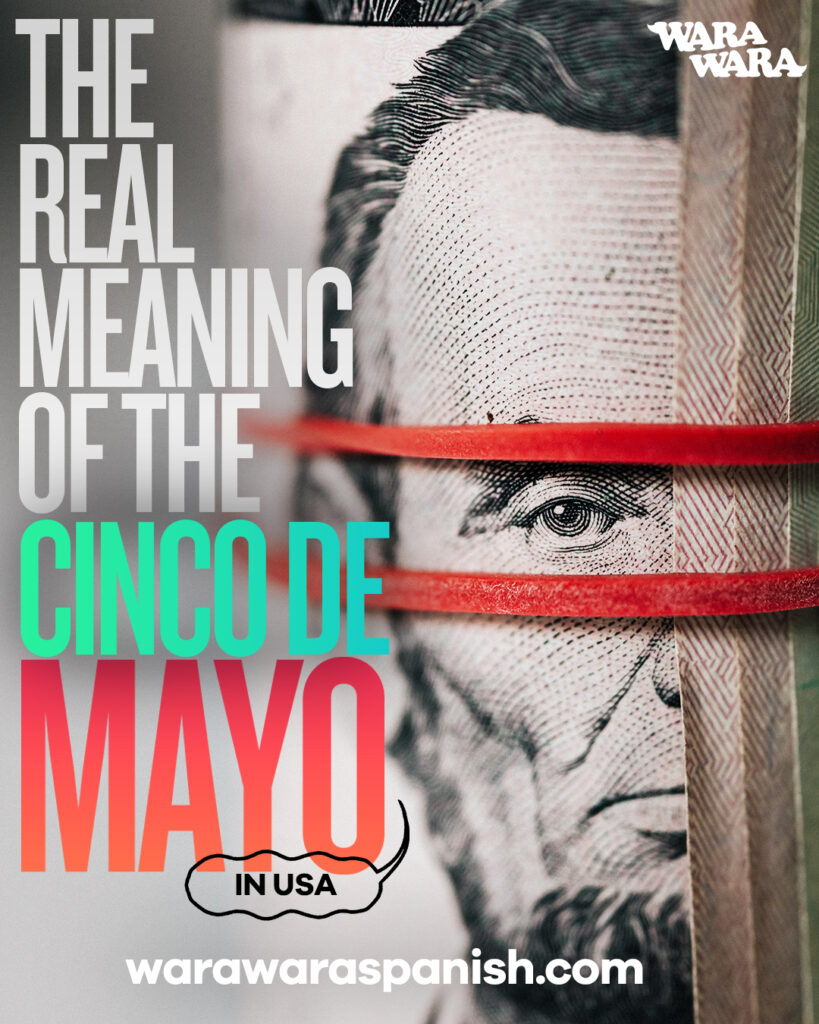
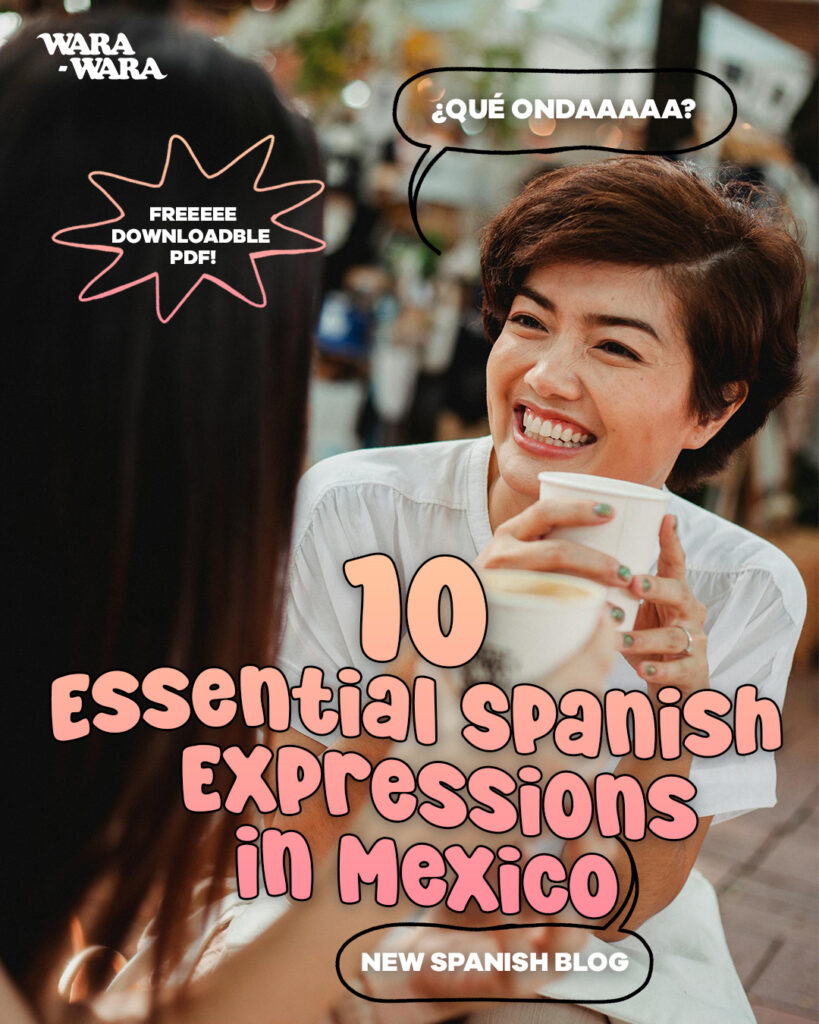


Responses
[…] Chinese language ranked at the bottom of this scale, followed by Korean, Russian, and Arabic. Spanish, on the other hand, ranked at the top of the list, closely followed by Brazilian Portuguese, […]